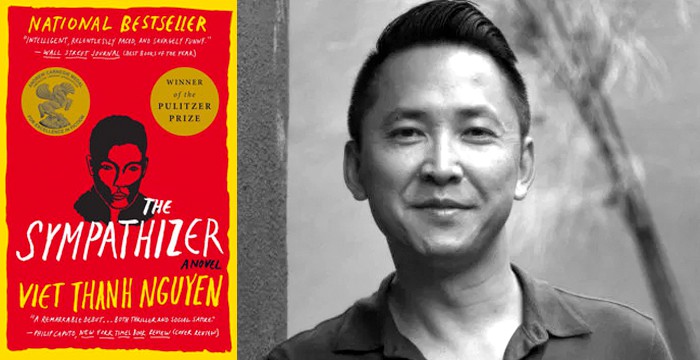From APA Studies on Asian and Asian American Philosophers and Philosophies:
 The modern age, Edward W. Said poignantly observes, is largely the age of the refugee, an era of displaced people from mass immigration. Writing about what it means to be a refugee, he admits, is, however, deceptively hard. Because the anguish of existing in a permanent state of homelessness is a predicament that most people rarely experience frsthand, there is often a tendency to objectify the pain, to make the experience “aesthetically and humanistically comprehensible,” to “banalize its mutilations,” and to understand it as “good for us.” Rare is the literature that can meaningfully and empathetically capture the scale, depth, and magnitude of the suffering of those who are today displaced and rendered homeless by modern warfare, colonialism, and “the quasi-theological ambitions of totalitarian rulers.”2 It is not surprising therefore, as Said suggests, that the most enduring stories about being an exile come from those who have personally been exiled themselves, ones like Faiz Ahmad Faiz, Eqbal Ahmad, Joseph Conrad, and Mahmoud Darwish, who have embodied the experiences of living without a home, without a fxed identity, and without a country. Pulitzer Prize-winning Vietnamese American writer and academic Viet Thanh Nguyen, a refugee himself, is one such rare voice in American literature today, a voice that has been a relentless force in making visible, through storytelling, the highly diverse and multifaceted experiences of Vietnamese refugees arriving, settling, and living in diferent parts of the United States since the Fall of Saigon in 1975.
The modern age, Edward W. Said poignantly observes, is largely the age of the refugee, an era of displaced people from mass immigration. Writing about what it means to be a refugee, he admits, is, however, deceptively hard. Because the anguish of existing in a permanent state of homelessness is a predicament that most people rarely experience frsthand, there is often a tendency to objectify the pain, to make the experience “aesthetically and humanistically comprehensible,” to “banalize its mutilations,” and to understand it as “good for us.” Rare is the literature that can meaningfully and empathetically capture the scale, depth, and magnitude of the suffering of those who are today displaced and rendered homeless by modern warfare, colonialism, and “the quasi-theological ambitions of totalitarian rulers.”2 It is not surprising therefore, as Said suggests, that the most enduring stories about being an exile come from those who have personally been exiled themselves, ones like Faiz Ahmad Faiz, Eqbal Ahmad, Joseph Conrad, and Mahmoud Darwish, who have embodied the experiences of living without a home, without a fxed identity, and without a country. Pulitzer Prize-winning Vietnamese American writer and academic Viet Thanh Nguyen, a refugee himself, is one such rare voice in American literature today, a voice that has been a relentless force in making visible, through storytelling, the highly diverse and multifaceted experiences of Vietnamese refugees arriving, settling, and living in diferent parts of the United States since the Fall of Saigon in 1975.
More here. [Scroll down to page 26.]
